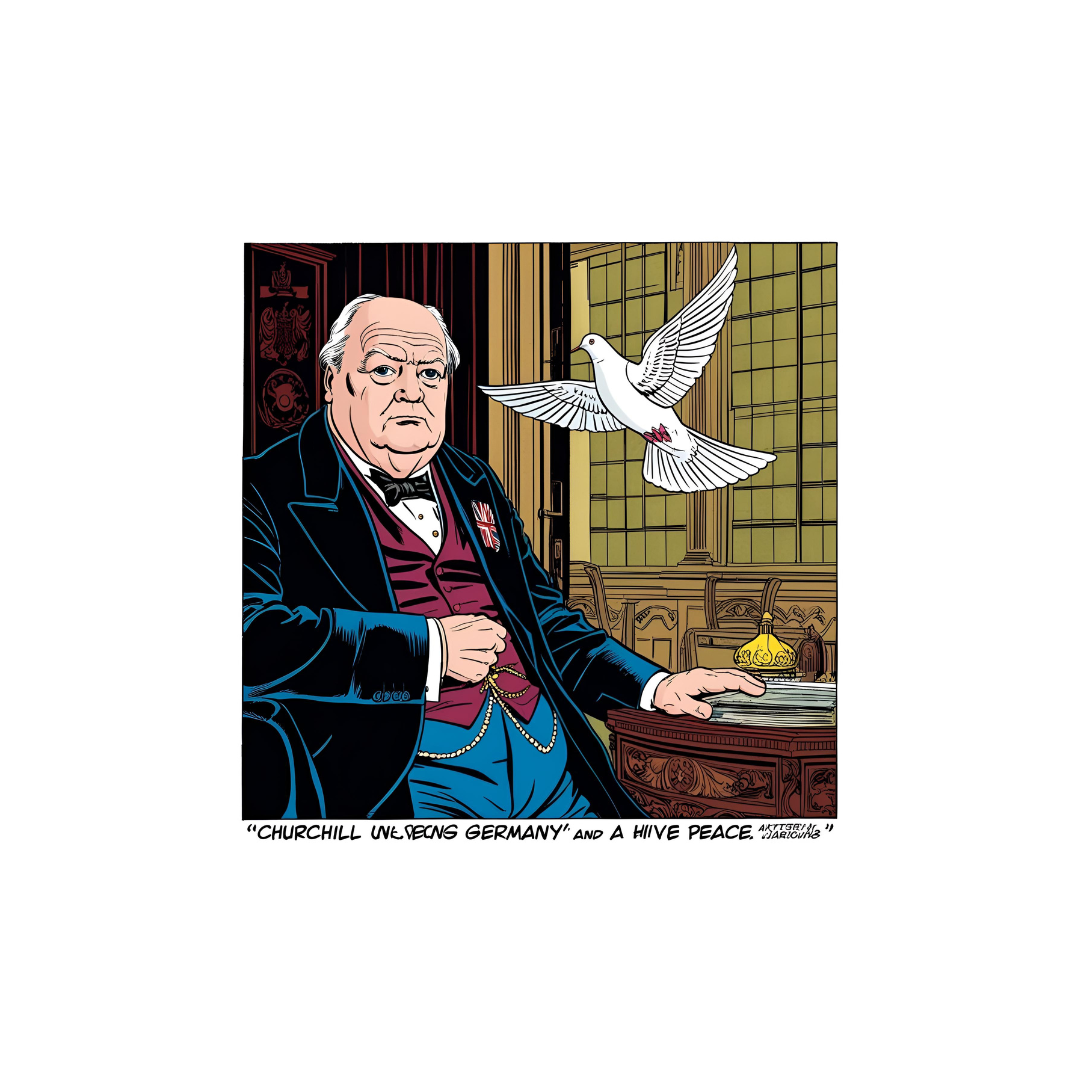Russia invaded Georgia in 2008 and annexed Crimea in 2014. It meddled in Syria, prolonging Assad’s brutal rule. For over a decade, the United States urged Germany to increase its military spending. Yet—nothing. How can it be?
In 1920, even Winston Churchill was shackling british military expenditure to the assumption that the country would not face a major war for at least a decade. It was a policy born of post-World War I exhaustion and a desperate hope for lasting peace.

Yet, as Hitler rose to power, Churchill quickly adapted to the new political realities and pushed for increased military spending. His foresight was remarkable, but public opinion moved slower than his quick wit. Neville Chamberlain’s policy of appeasement was met with applause, not outrage, because people clung to the hope that peace could be preserved without sacrifice. By 1938, when Britain finally began taking the Nazi threat seriously, it was too late to deter a war—and the costs were immeasurable.
It’s surprisingly difficult to turn the tide of public opinion, no matter how absurd the status quo may seem. For decades, Germany’s public opinion has been staunchly anti-military. The notion that we live in a post-heroic society, where conflicts can be resolved without the need for strength, struck a chord with Germany’s primary instinct to be anti-fascist. (And fascists tend to invest in their military…)
Strange new world…
Today, we face cyberattacks, hybrid warfare, and the return of geopolitical power struggles—all of which demand a robust and modern defense. People are beginning to understand that security is not a given—it must be fought for and defended.
The Latin adage “Si vis pacem, para bellum”—“If you want peace, prepare for war”—is as true today as it was in Roman times. It’s not a call for aggression, but a sober recognition that strength and preparedness are the best deterrents to conflict. Germany’s current move, coordinated by German Chanceller-elect Friedrich Merz to invest €500 billion in military preparedness is a big step in the right direction.
Yes, it’s regrettable that Germany waited so long—until the defense industry became largely an oligopoly, raising prices and limiting our strategic flexibility. But as the saying goes: better late than never. And in 1940, Churchill did become Prime Minister…





